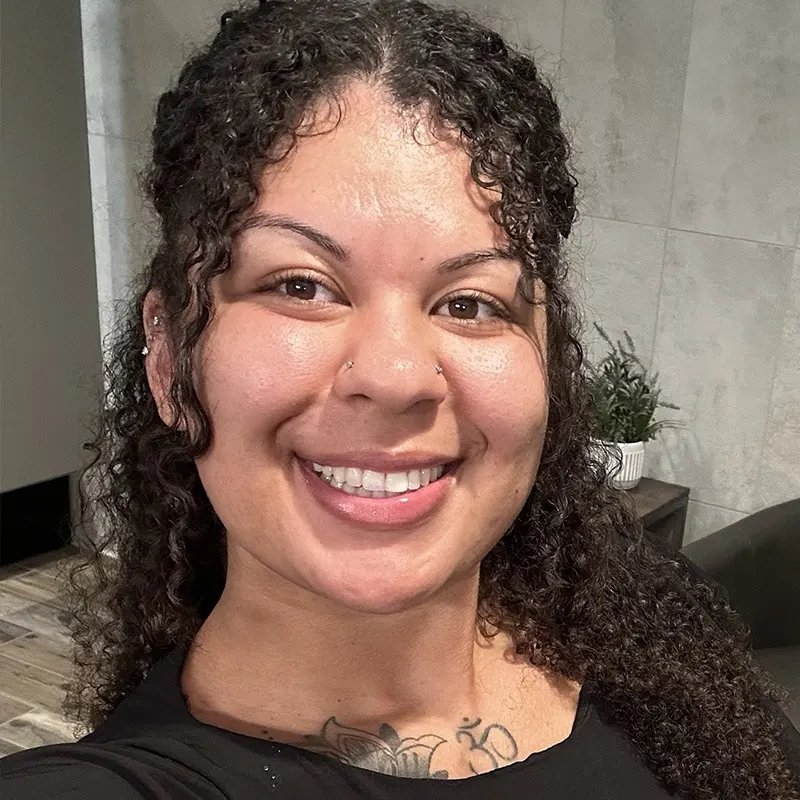Suspecting your child might have autism can be overwhelming. Getting an autism evaluation is the crucial first step toward clarity and support.
Autism evaluations involve comprehensive assessments by professionals to identify developmental delays or signs of Autism Spectrum Disorder (ASD). Early identification is vital, as timely interventions can significantly improve your child’s developmental outcomes.
At Cardinal Pediatric Therapies, we offer expert diagnosis and evaluation services, supporting families through every evaluation process step. Our experienced specialists use evidence-based tools to deliver accurate assessments and actionable recommendations.
On this page, you can find information about:
- Signs of Autism Spectrum Disorder
- Steps for Getting an Autism Diagnosis
- Benefits of Early Autism Evaluation
Early autism evaluations ensure your child receives timely support, maximizing their developmental potential.

Why Early Evaluation Matters
Early diagnosis and intervention have been shown to significantly improve outcomes for children with autism. Benefits include:
- Improved social and communication skills
- Better academic performance
- Greater independence in daily living activities
- Reduced family stress and increased parental confidence
At Cardinal Pediatric Therapies, we prioritize early intervention through timely and accurate evaluations.
Benefits of Early Autism Evaluation
Getting an autism evaluation early provides numerous advantages. Early diagnosis enables prompt intervention, enhances developmental outcomes, and helps your child develop crucial skills for daily living and academic success.
Key Benefits of Early Evaluation:
- Early access to intervention programs
- Improved long-term developmental outcomes
- Reduced parental anxiety through a clear understanding
- Access to specialized support and resources
Early autism evaluation empowers families by providing clarity and immediate access to essential interventions and resources.
Steps to Get an Autism Evaluation
1. Speak with Your Pediatrician
Your pediatrician is usually your first point of contact. Discuss your concerns openly and ask for their professional input. Pediatricians can provide initial screening and help determine whether further assessment is necessary.
2. Obtain a Referral
Most insurance plans require a formal referral from your pediatrician for a comprehensive evaluation. Ensure you have this referral to streamline the evaluation process and insurance approvals.
3. Schedule an Appointment with Specialists
Contact Cardinal Pediatric Therapies or another qualified provider specializing in autism evaluations. You will typically meet with professionals such as:
- Developmental pediatricians
- Child psychologists
- Neurologists
- Speech and language therapists
- Board-certified behavior analysts (BCBAs)
4. Prepare for the Evaluation
Before your appointment, gather vital information to help the specialists get a complete picture of your child’s development:
- Detailed developmental history (milestones, concerns, and previous assessments)
- Medical records and vaccination history
- Reports from daycare or school personnel about your child’s behaviors
- Videos or notes documenting specific behaviors or concerns
5. Attend the Autism Evaluation
Evaluations typically involve a combination of observational assessments, structured tests, and parent interviews. Standardized tests commonly used include:
- Autism Diagnostic Observation Schedule (ADOS)
- Autism Diagnostic Interview-Revised (ADI-R)
- Childhood Autism Rating Scale (CARS)
At Cardinal Pediatric Therapies, assessments are carried out compassionately and thoroughly, designed to minimize stress for both child and family.
6. Receive and Review Results
After the evaluation, specialists will provide detailed feedback about the results, explain what the findings mean, and offer recommendations tailored to your child’s needs. You’ll receive a comprehensive report outlining the diagnosis and a clear plan for recommended therapies or interventions.
What Happens After an Autism Diagnosis?
A diagnosis opens the door to a range of supportive services and interventions, including:
- ABA Therapy: Applied Behavior Analysis is a highly effective therapy for teaching communication, social skills, and adaptive behaviors.
- Speech Therapy: Helps enhance language and communication skills.
- Occupational Therapy: Assists with sensory integration, motor skills, and daily activities.
- Parent Training Programs: Empower parents with strategies and support to aid their child’s development at home.
Cardinal Pediatric Therapies offers comprehensive, individualized intervention programs to support every child’s unique developmental journey.
Understanding Autism Spectrum Disorder
Autism Spectrum Disorder is a neurodevelopmental condition characterized by challenges in social interaction, repetitive behaviors, communication difficulties, and restricted interests. The symptoms and severity vary widely among individuals, making professional evaluations essential.
Common signs of autism may include:
- Difficulty making eye contact or responding to social cues
- Delayed speech and language skills
- Repetitive movements or behaviors
- Intense fixation on specific interests or objects
- Sensitivity to sensory input such as sounds, textures, or lights
If your child exhibits these signs or you’re unsure about their developmental milestones, seeking an evaluation is critical.

Common Questions About Autism Evaluations
When should I seek an autism evaluation?
Seek an evaluation if your child shows consistent developmental delays or exhibits behaviors indicative of autism, typically between 18 months to 3 years old.
How long does an autism evaluation take?
Evaluations usually last several hours and may require multiple appointments to ensure a thorough assessment and accurate diagnosis.
Will my insurance cover the evaluation?
Most insurance plans, including Medicaid, cover autism evaluations and interventions. Confirm coverage details and necessary referrals with your insurance provider.
Can autism evaluations be done at home?
While initial screenings can sometimes be conducted remotely, comprehensive evaluations typically require in-person sessions to observe behaviors and interactions accurately.
How early can autism be diagnosed?
Autism can often be reliably diagnosed as early as 18 to 24 months of age, but signs can be noticed even earlier. Consult with a professional if you have concerns.
Who can diagnose autism?
Typically, autism evaluations are conducted by licensed psychologists, pediatric neurologists, or developmental pediatricians, often supported by speech and behavioral therapists.
What should I bring to an autism evaluation?
Bring your child’s medical history, any developmental records, detailed notes about concerning behaviors, and previous evaluation reports to your appointment.
Conclusion
Understanding how to get an autism evaluation empowers parents and caregivers with essential knowledge and tools to advocate effectively for their child’s developmental needs.
At Cardinal Pediatric Therapies, our dedicated team is committed to providing families with expert evaluations and compassionate support, paving the way for successful outcomes and enhanced quality of life for children with autism and their families.












